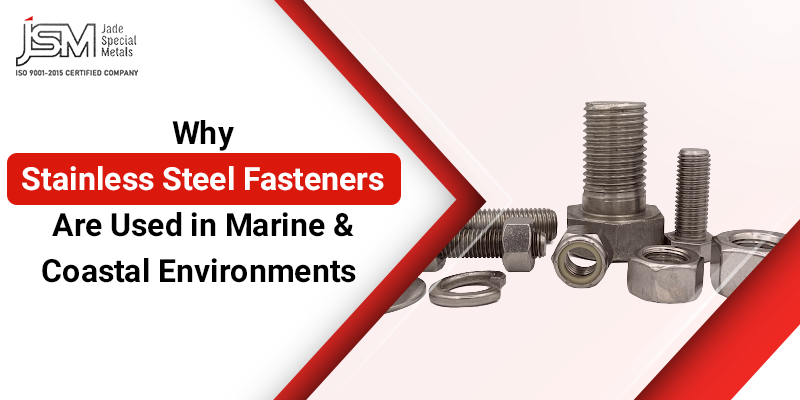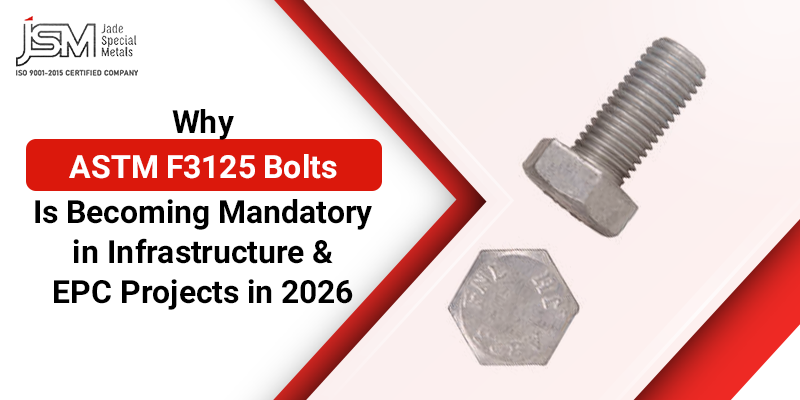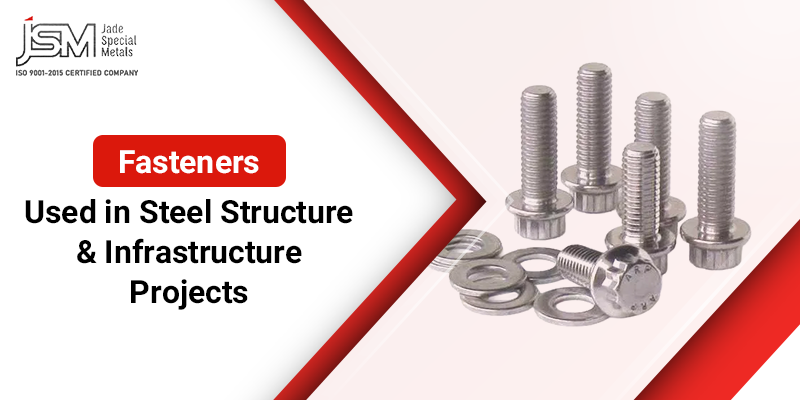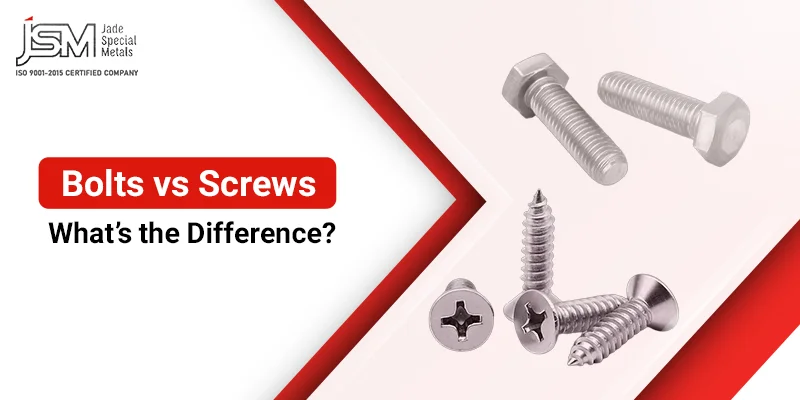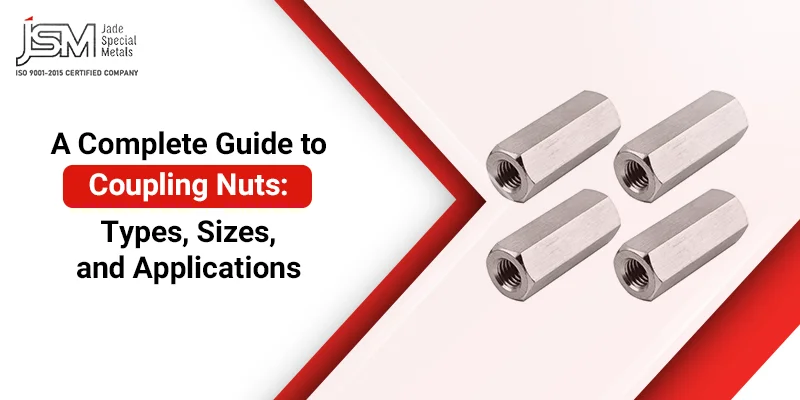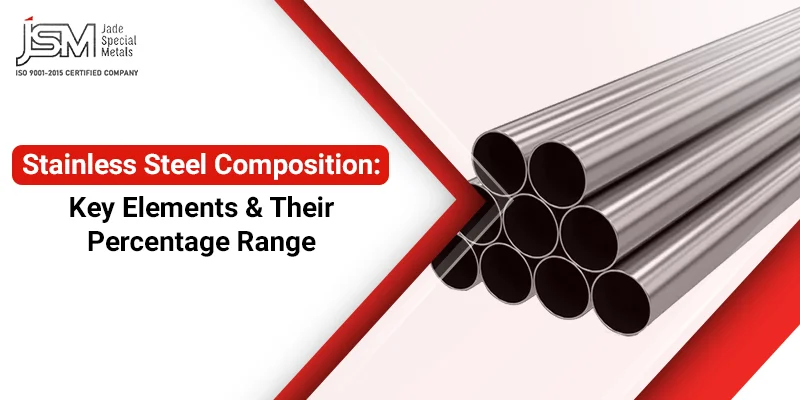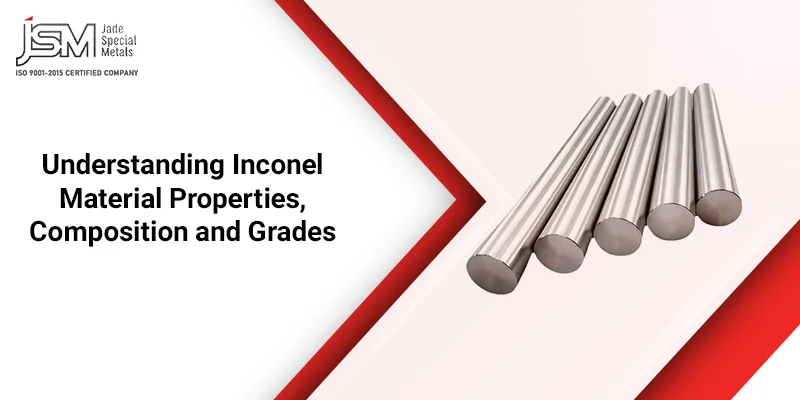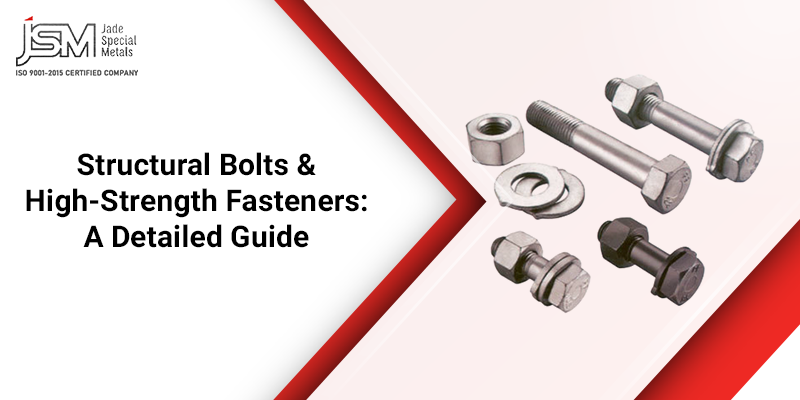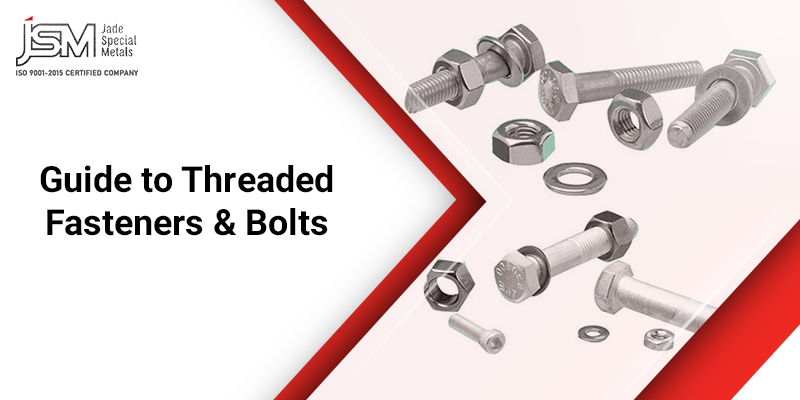One of the toughest conditions that any construction material can encounter is saltwater and a coastal environment. The regular contact with the salt spray, humidity, and changes in temperatures encourages the corrosion and makes regular carbon steel fasteners rust, weaken, and become useless more quickly than expected. The occurrence of fastener failure is not a...
The construction sector is quickly evolving to have a single standard of fastening to enhance safety, uniformity and accountability of projects and the ASTM F3125 requirement is the center stage of this transformation. This requirement is not an option or a guideline, or an optional upgrade; it is a requirement under regulation that standardizes structural...
Lag screws are the best fasteners in construction and woodworking, as they are one of the best, strongest, and most reliable fasteners to use when dealing with heavy loads. Lag screws are stronger than the typical screw because they are manufactured to resist high amounts of shear and tensile stress. Lag screws are suitable for...
Fasteners are not an optional part in the massive infrastructure work or any construction which involves using steel to make a building, and in that case, they are very important in determining the effectiveness of the structure. All the regions of a steel structure rely on fasteners to make sure that it is capable of...
For professionals in the manufacturing and construction sectors, terminology is rarely just about semantics; it is about specification. Although the two terms are commonly used interchangeably during normal conversations, the difference between the two, Bolts and Screws, is an issue of rigid engineering explanation. At Jade Alloys, we know that it is very important to decide on the...
Introduction In the vast world of industrial fasteners, few components are as specialized yet universally essential as the coupling nut. Often overlooked in favor of standard hex nuts or bolts, these elongated fasteners play a critical role in extending, connecting, and stabilizing threaded rod assemblies across countless industries. From towering construction projects to intricate machinery,...
Stainless steel is a very tough material that also has resistance to rust and other things. It’s primarily made of iron and chromium, but also includes some other elements. One of the main advantages of this material is that it resists rust and works in extreme conditions. The main material in this makes it an...
Inconel material is a group of nickel-chromium superalloy. The alloys work very well under extreme conditions. Inconel metal is selected by engineers and manufacturers when they have to work with high heat and corrosion as they are always present. Ordinary metals, such as steel or aluminum, cannot take such extreme conditions. Inconel metal is strong, and it does not lose...
Steel frameworks, bridges and industrial machinery, everything depend on structural bolts. These structural fasteners transfer loads, resist vibration and protect steel joints from separating during wind, seismic activity or the constant pounding of heavy equipment. In the construction industry, high-strength bolts are used since they offer an appropriate load path but do not create bulk....
Threaded fasteners are the most important components in mechanical and structural equipment, providing strength, precision, and reliability that many industries rely on. Holding the big and heavy structure together in harsh conditions. Along with that, ensure the safety of the application under extreme conditions and temperature, which is why it’s also known as the unseen...




